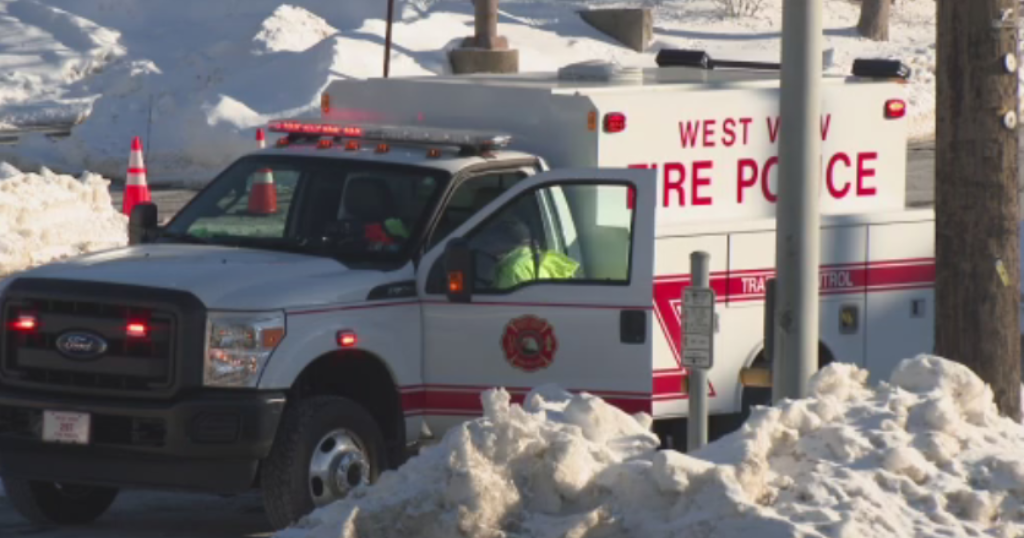Rich nations failing poor countries in fight against climate change: report
When the global community first began negotiating how to move off fossil fuels more than a decade ago, wealthy countries agreed to spend up to $100 billion every year to help poorer countries move to clean technology and adapt to fuels. To date, however, rich nations have fallen far short of their pledge.
Instead, developed countries — which emit the bulk of carbon pollution currently in the atmosphere — have spent substantially more on militarizing their borders than on trying to mitigate the kind of climate catastrophes that help drive international migration, according to the Transnational Institute, a left-leaning nonprofit.
"The world's top emitters are failing to provide necessary climate finance, yet seem to have limitless budgets for borders and immigration enforcement," TNI wrote in a report this week.
The report comes on the eve of the United Nations' COP26 climate summit, where debate over paying to prevent climate change is certain to be a sticking point. Already, climate-induced drought and more frequent crop failures are driving millions of people from poorer countries to wealthier ones, from hard-hit rural areas to cities, the World Bank has found.
Considerable economic research suggests that investing in solutions to combat global warming would help stem the tide of migrations caused by climate change. However, seven major countries — the U.S. Canada, Australia, United Kingdom, France, Germany and Japan — are focusing more on stopping migration at their borders, according to TNI. Between 2014 and 2018, those nations spent $33 billion a year on border security, while spending just $14 billion on climate assistance for developing nations.
That ratio is even more skewed in the U.S., where 11 times as much has been spent on border security as on climate, the group said in its report. Between 2013 and 2018, the U.S. spent $19.6 billion to fund Customs and Border Protection and Immigration and Customs Enforcement — two agencies with significant oversight of the border. (For the sake of simplicity, TNI excluded other agencies, such as the Coast Guard and various State and Defense department programs that also fund border security.)
At the same time, the U.S. reported spending just $1.1 billion a year on climate financing. Canada spent 15 times as much on fortifying its borders as it did on climate mitigation, while Australia spent 13 times as much, the report states.
Developed countries are "constructing walls, deploying armed agents, erecting sophisticated and expensive surveillance technologies and biometric systems, and unmanned aerial systems," according to TNI. The nonprofit calls this spending a "climate wall" intended to "seal off powerful countries from migrants."
A better use of wealthy nations' resources would be to prevent the changes that lead people to migrate in the first place, TNI said. That would mean cutting their own use of fossil fuels as well as helping poorer nations switch to renewable energy and adapt to a shifting climate.
Climate migration is unlikely to stop anytime soon — a great deal of future warming is already "baked into" the climate system because of historic greenhouse-gas emissions. But mass immigration can be managed so that it's easier for both the people forced to move and the communities that receive them, TNI argues.
Helpful policies could include assisting people with relocation costs, training them for work or building more resilient infrastructure, according to the group. The U.S. is already experimenting with such policies domestically by, for instance, buying out homes in some flood-prone areas and allowing individuals to relocate.
One thing is clear: Rich countries' current policies, in which billions are spent on treating one effect of climate migration but not its cause, "ultimately threatens to worsen the climate crisis for humanity," the report stated.



